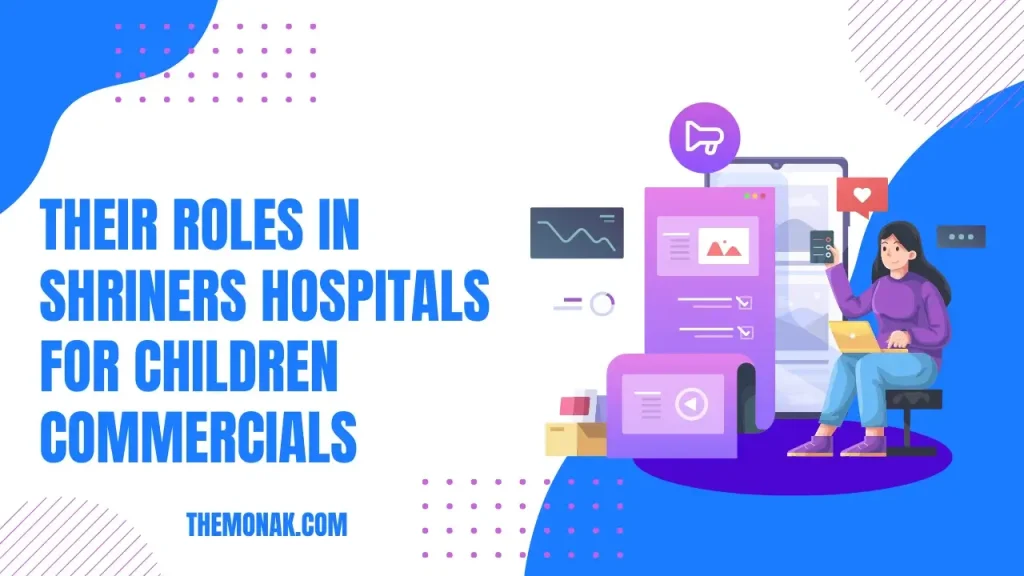Do Alec and Kaleb Get Paid for Commercials?
Alec Cabacungan and Kaleb-Wolf De Melo Torres have become familiar faces through their appearances in commercials for Shriners Hospitals for Children. Their charismatic presence and heartfelt stories have touched many viewers, raising awareness and support for the hospital’s mission. Given their prominent roles, a common question arises: Do Alec and Kaleb get paid for their commercials? This article delves into the topic, exploring their involvement with Shriners, the nature of their participation, and frequently asked questions about their compensation.

Who Are Alec and Kaleb?
Alec Cabacungan
Alec Cabacungan became a spokesperson for Shriners Hospitals for Children at a young age. Born with osteogenesis imperfecta, a genetic disorder characterized by fragile bones, Alec has undergone numerous surgeries and treatments at Shriners Hospitals. Despite his condition, Alec has displayed remarkable resilience and positivity, becoming an advocate for children with similar medical challenges. His appearances in commercials and public events have made him a well-known figure, inspiring many with his story and advocacy.
Kaleb-Wolf De Melo Torres
Kaleb-Wolf De Melo Torres, known as Kaleb, is another young patient who has benefited from the care provided by Shriners Hospitals. Born with a severe form of brittle bone disease, Kaleb has faced numerous medical procedures and challenges. Like Alec, Kaleb’s infectious spirit and optimism have made him a beloved figure in the Shriners community. His participation in commercials has helped raise awareness about the hospital’s work and the importance of supporting children with serious medical conditions. Find valuable tips and strategies in our article about Andre Hakkak House.
Their Roles in Shriners Hospitals for Children Commercials

Alec and Kaleb’s roles in Shriners Hospitals for Children commercials are significant. These commercials aim to:
- Raise awareness about the hospital’s mission and services.
- Encourage donations to support medical care for children in need.
- Share inspiring stories of children who have received life-changing treatments.
Their participation involves sharing their personal experiences, interacting with other children, and conveying messages of hope and gratitude. Their genuine stories and engaging personalities make these commercials impactful, fostering a deeper connection with the audience.
Do Alec and Kaleb Get Paid for Their Commercials?

Compensation and Contributions
The question of whether Alec and Kaleb get paid for their commercials involves understanding the nature of their involvement and the policies of Shriners Hospitals for Children. According to information available, Alec and Kaleb, like other children featured in Shriners’ campaigns, are not paid actors. Their participation is voluntary, driven by a desire to give back to the organization that has significantly impacted their lives. We have also covered Pedrovazpaulo Coaching on our website.
Shriners Hospitals for Children is a nonprofit organization, and the primary goal of these commercials is to raise funds and awareness for the hospital’s mission. The children who participate do so out of gratitude and a wish to support the institution that has provided them with care and hope.
Non-Monetary Benefits
While Alec and Kaleb may not receive financial compensation for their appearances, they do gain several non-monetary benefits:
- Platform for Advocacy: Their roles in the commercials provide a platform to advocate for children with medical conditions and highlight the importance of charitable support for healthcare.
- Personal Fulfillment: Participating in these campaigns allows them to share their stories, inspire others, and contribute to a cause they deeply care about.
- Community and Recognition: Their involvement brings them recognition and a sense of belonging within the Shriners community and beyond.
Frequently Asked Questions (FAQs)
Conclusion
Alec Cabacungan and Kaleb-Wolf De Melo Torres have made a lasting impact through their participation in Shriners Hospitals for Children commercials. While they may not receive financial compensation, their contributions are invaluable in raising awareness and support for the hospital’s mission. Their stories inspire many and highlight the importance of charitable support for healthcare institutions dedicated to helping children with serious medical conditions. For More Information and Articles Visit The Monak.





